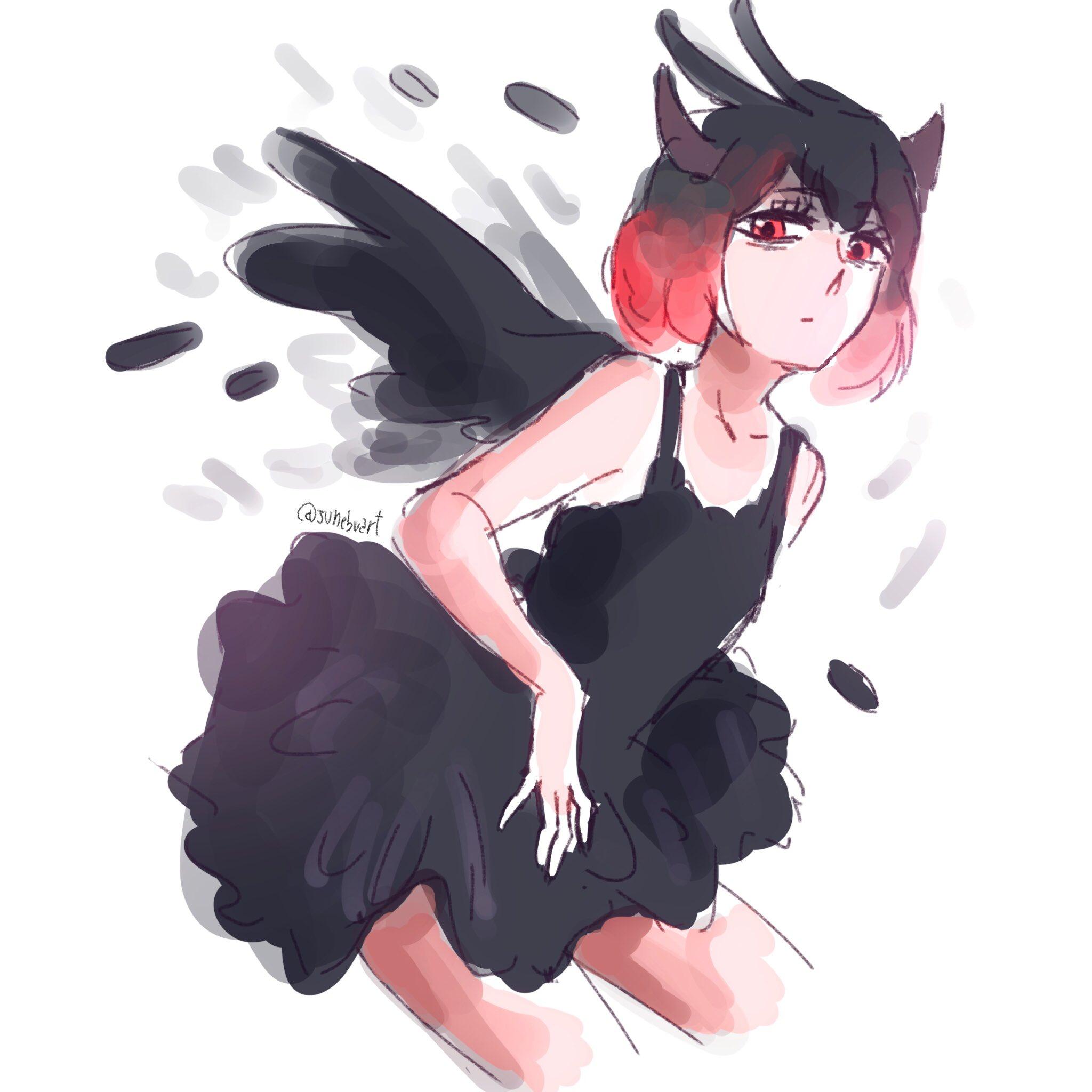The black clover bird is a fascinating creature that has captured the attention of birdwatchers and nature enthusiasts alike. With its striking appearance and unique behaviors, this bird stands out in the avian world. Found primarily in specific regions, the black clover bird is not just another feathered friend; it symbolizes the rich biodiversity of its habitat and offers insight into the ecological balances at play. From its diet to its mating rituals, this bird showcases a distinct lifestyle that invites deeper exploration.
The allure of the black clover bird extends beyond its physical characteristics. It plays a pivotal role in its ecosystem, contributing to seed dispersion and acting as an indicator of environmental health. As we delve into the world of the black clover bird, we will uncover its habits, threats to its survival, and the conservation efforts in place to protect its habitat. The importance of understanding such species cannot be overstated, especially in an age where nature faces unprecedented challenges.
As we embark on this journey of discovery, prepare to learn not only about the black clover bird’s biological traits but also about the cultural significance it holds among local communities. The relationship between humans and this bird reflects broader themes of coexistence and respect for nature's wonders. Let’s take a closer look at this remarkable bird and the wonders of its natural world.
What is the Habitat of the Black Clover Bird?
The black clover bird thrives in specific environments that offer both shelter and food sources. Typically found in tropical and subtropical regions, these birds prefer areas rich in vegetation, such as dense forests and shrublands. The following are key features of their habitat:
- Abundant foliage for nesting and shelter
- Proximity to water sources for drinking
- Rich diversity of insects and fruits for feeding
Understanding their habitat is crucial for conservation efforts, as any changes to these environments can significantly impact their populations.
What Does the Black Clover Bird Eat?
The diet of the black clover bird is varied and reflects its adaptability. Primarily insectivorous, this bird also consumes fruits and seeds, showcasing its omnivorous tendencies. Here are some of the dietary staples:
- Insects such as beetles and caterpillars
- Fruits from local flora, particularly berries
- Seeds that provide valuable nutrients
This diverse diet not only supports their health but also plays a significant role in their ecosystem by aiding in seed dispersal.
How Does the Black Clover Bird Reproduce?
Reproduction in the black clover bird is a fascinating process, often marked by elaborate courtship displays. Males engage in vibrant performances to attract females, showcasing their plumage and vocal abilities. Key aspects of their reproductive behavior include:
- Nesting in dense vegetation to protect young from predators
- Building nests from twigs and leaves
- Incubation periods typically lasting two weeks
This commitment to nurturing their young reflects the species' adaptation to its environment, enhancing survival rates.
What Threats Does the Black Clover Bird Face?
Despite its resilience, the black clover bird faces several threats, primarily due to human activities. Habitat loss from deforestation and urban development has significantly impacted their populations. Additional threats include:
- Climate change altering food availability
- Predation by invasive species
- Pollution affecting their food sources
Understanding these threats is essential for implementing effective conservation strategies.
What Conservation Efforts are in Place for the Black Clover Bird?
Recognizing the importance of the black clover bird in its ecosystem, various conservation efforts have been initiated. These include:
- Establishing protected areas to safeguard their habitats
- Community engagement programs to raise awareness
- Research initiatives to monitor population trends
These efforts are crucial for ensuring the survival of the black clover bird and maintaining ecological balance.
How Can You Help Protect the Black Clover Bird?
Individuals can play a significant role in conservation. Here are some actions you can take:
- Support local conservation organizations
- Participate in birdwatching and reporting sightings
- Educate others about the importance of biodiversity
Every effort counts in the fight to protect the black clover bird and its habitat.
What Cultural Significance Does the Black Clover Bird Hold?
The black clover bird is not only a natural wonder but also a cultural icon in some regions. It often appears in local folklore and art, symbolizing resilience and the beauty of nature. The bird's presence inspires many to appreciate and protect the natural world. By understanding its cultural significance, we can foster a deeper connection to the environment and promote conservation efforts.
| Personal Details | Biography |
|---|---|
| Common Name | Black Clover Bird |
| Scientific Name | Example Species Name |
| Habitat | Tropical and subtropical forests |
| Diet | Insects, fruits, and seeds |
| Conservation Status | Threatened due to habitat loss |
In conclusion, the black clover bird is a captivating species that embodies the complexities of nature. Its unique traits, dietary habits, and the challenges it faces make it a vital part of our world's biodiversity. By learning about the black clover bird, we not only appreciate its beauty but also recognize our responsibility to protect it and ensure its survival for future generations. Together, we can make a difference in the journey toward conservation and sustainability.
Discover The Magic Of Gallagher's Pumpkin And Christmas Tree's Patch
Experience Luxury Living At Skyhouse River Oaks Houston, Texas
Understanding The Bingham Nerve And Muscle: A Comprehensive Guide


